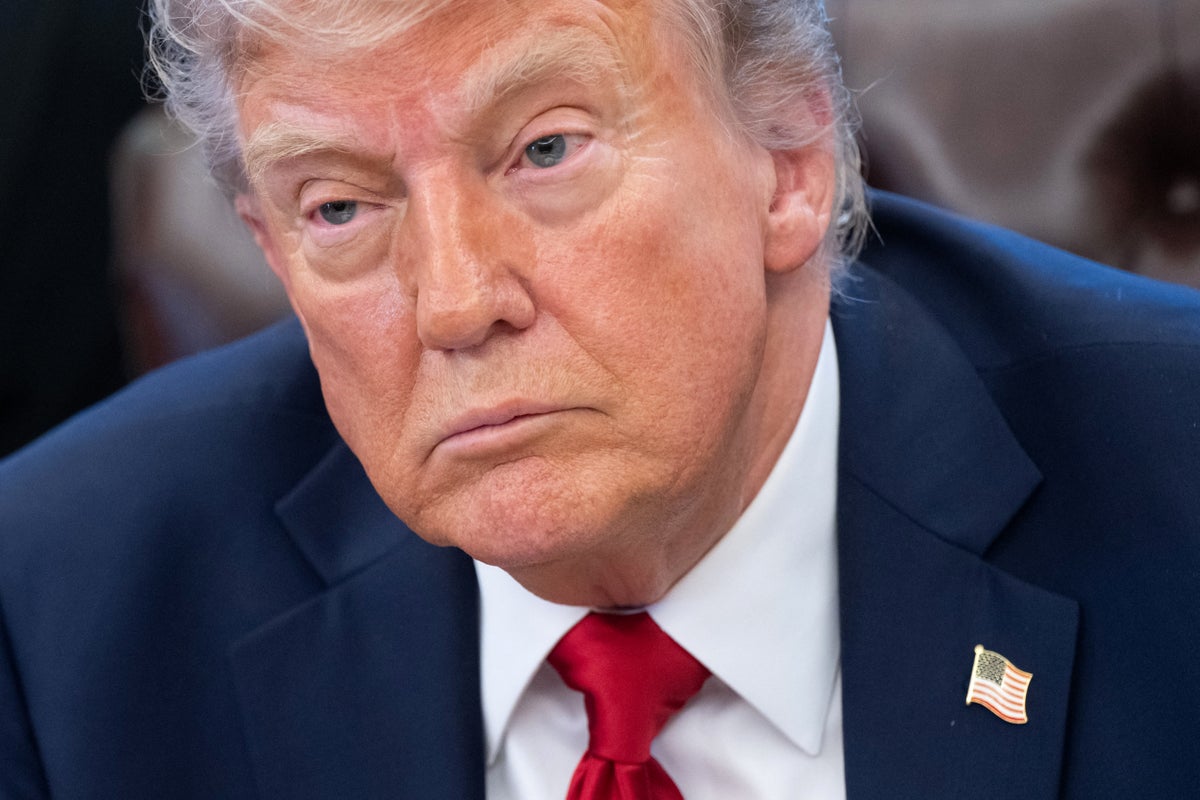President Donald Trump touted that the United States and China were at the negotiating table to reach a resolution to the trade war — but Beijing says that’s not true.
Washington was “actively” having discussions with Beijing this week, and Trump said he planned to be “very nice” to reach a deal. He also called his 145 percent tariff on Chinese goods “too high” and vowed it would “come down substantially.” Two Chinese officials on Thursday contradicted the U.S. president’s claims.
He Yadong, China’s Ministry of Commerce spokesperson, said Thursday: “Any claims about the progress of China-U.S. trade negotiations are groundless as trying to catch the wind and have no factual basis.”
Similarly, Guo Jiakun, a spokesperson for China’s Ministry of Foreign Affairs, said China is prepared to negotiate only under certain conditions. “China’s attitude is consistent and clear: if you want to fight, we will fight to the end, if you want to talk, the door is open,” he said.
The U.S.’s tariffs on China are the highest of any country, and the nation has reciprocated with 125 percent on American imports.
The Trump administration was considering dropping the levy to 50 percent, The Wall Street Journal reported Wednesday.
Adding to the conflicting reports was Treasury Secretary Scott Bessent, who on Wednesday denied the report that the U.S. would slash the tariffs on China and understood that “both sides are waiting to speak to the other.”
“Neither side believes that these are sustainable levels,” he said. “This is the equivalent of an embargo, and a break between the two countries in trade does not suit anyone’s interests.”
Riding on the hope of a de-escalation in the trade war, the stock market rose Wednesday. However, stock futures tumbled on Thursday morning after investors heard some mixed messaging from Washington and Beijing.
Some experts believe that there will be some fluctuation in the markets until there’s a more permanent solution to the tariff talk turbulence.
“While it’s encouraging to hear a more dovish tone on tariffs from the administration, stocks remain range-bound for the time being, as the ultimate goal for markets is either a reversal of the tariffs or significant trade deals,” Gaurav Mallik, chief investment officer of Massachusetts-based Pallas Capital Advisors, told CNBC Thursday. “It can take a few months for corrections to end, and we still believe that this is a correction given the speed of the declines.”

